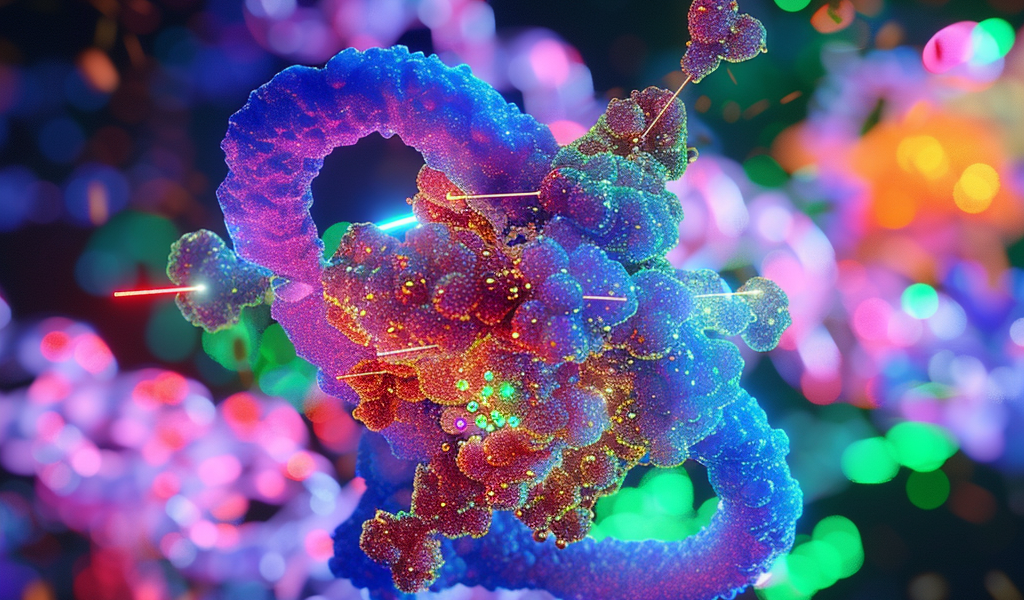Innovative Research Unveils New Strategy to Target Aurora-A Protein in Cancer Treatment
Recent advancements in cancer research have introduced a promising strategy aimed at modulating the Aurora-A protein, a crucial player in cell division that often misfunctions in various cancers. This groundbreaking study, conducted by researchers at the University of Birmingham, reveals new insights into the functioning of Aurora-A and its implications for cancer therapy.
Aurora-A is classified as a kinase, a type of enzyme that plays a vital role in regulating numerous cellular functions by modifying target proteins. Dysregulation of kinases is frequently observed in diseases, particularly cancer, making them prime candidates for drug discovery. Aurora-A’s significant involvement in cell division positions it as a compelling target for anti-cancer drug development.
Despite extensive clinical trials aimed at inhibiting Aurora-A, no drugs have successfully transitioned into clinical use. This lack of progress is largely attributed to the essential functions of Aurora-A in all cells, which often leads to undesirable toxicity in patients. To overcome this challenge, researchers participating in the BBSRC-funded sLoLaprogramme – SPiDR have been investigating the potential of targeting protein-protein interactions associated with Aurora-A.
Published in the journal Chemical Science, the study highlights a novel approach where the researchers focused on inhibiting the interaction between Aurora-A and a protein known as TACC3. Utilizing a peptidomimetic strategy, the team discovered that certain peptidomimetics effectively bind to Aurora-A, disrupting its interaction with TACC3 while preserving the enzyme’s overall function.
One of the most exciting findings from this research is the ability of these peptidomimetics to alter the conformation of Aurora-A. This change in shape not only inhibits the TACC3 interaction but also affects a different protein-protein interaction at a distant site on the Aurora-A protein. This secondary interaction involves N-Myc, a protein that has been linked to cancer, particularly in childhood brain tumors.
Professor Andrew Wilson from the University of Birmingham emphasized the significance of these findings, stating, “Because Aurora-A stabilizes N-Myc against degradation, inhibiting the interaction could represent a promising approach for anticancer drug development. Our discovery that peptidomimetics can inhibit the N-Myc/Aurora-A interaction without compromising the enzyme’s function is a notable advancement in this area of research.”
The implications of this research are profound, as targeting the Aurora-A and N-Myc interaction could lead to the development of more effective cancer therapies with reduced toxicity. By focusing on the modulation of protein-protein interactions rather than directly inhibiting the kinase activity, researchers aim to create a more refined approach to cancer treatment.
This innovative research not only sheds light on the complexities of Aurora-A’s role in cancer but also opens new avenues for therapeutic intervention. As scientists continue to explore the intricacies of protein interactions, the potential for developing targeted, less toxic cancer treatments becomes increasingly viable.
As the field of cancer research evolves, the findings from the University of Birmingham stand as a testament to the importance of innovative strategies in the fight against cancer. With continued exploration and development, the hope for more effective and safer cancer treatments grows stronger.





